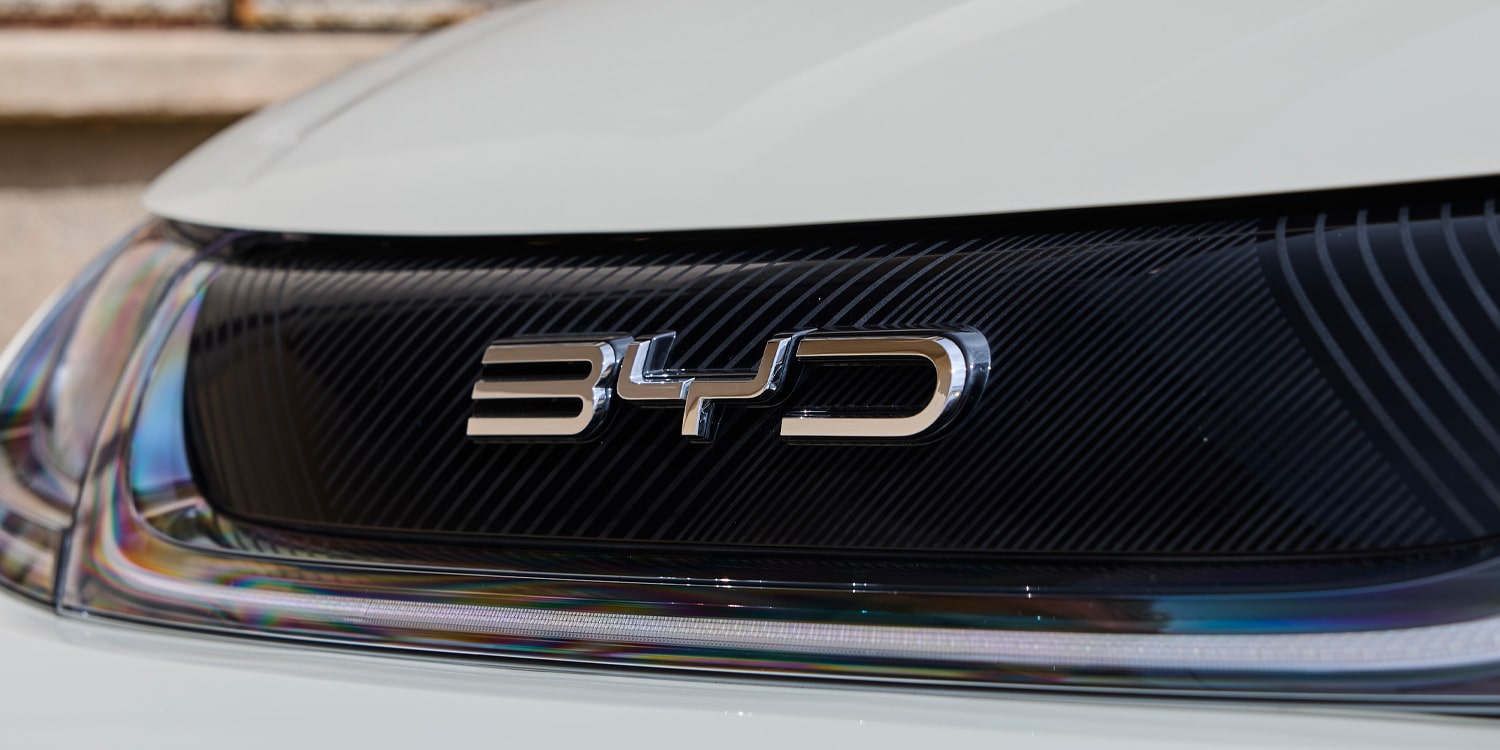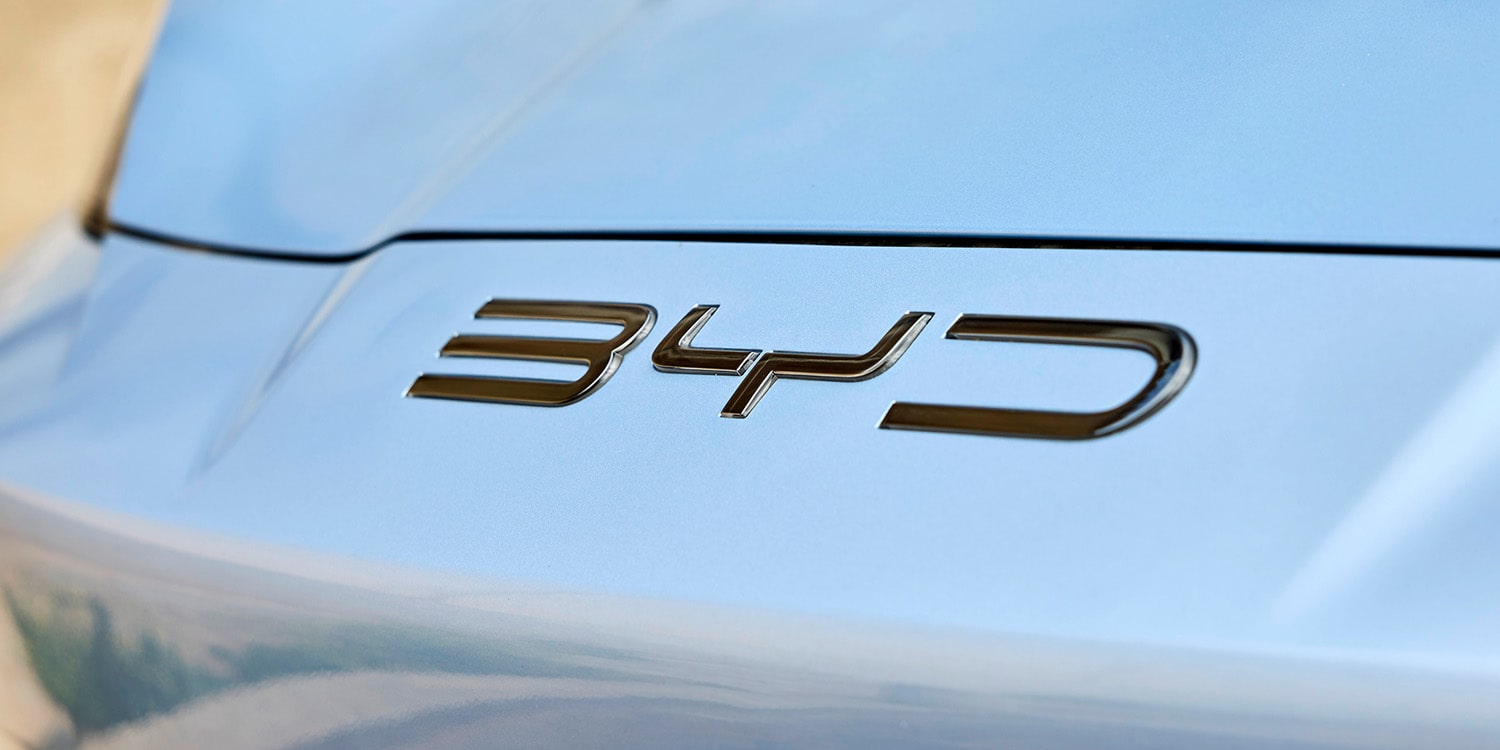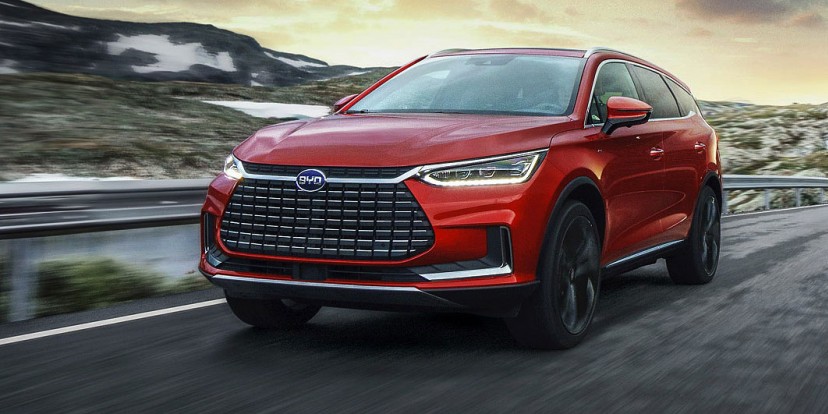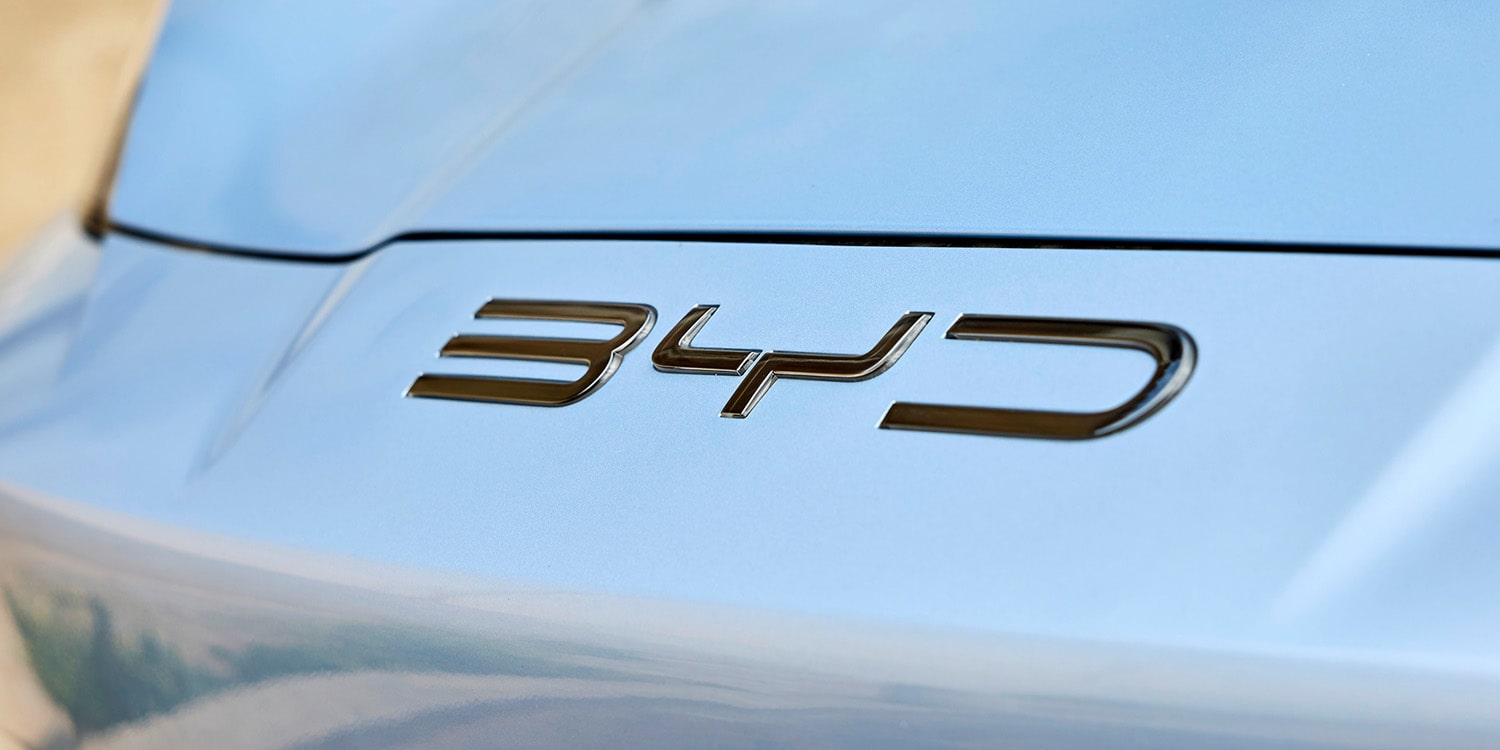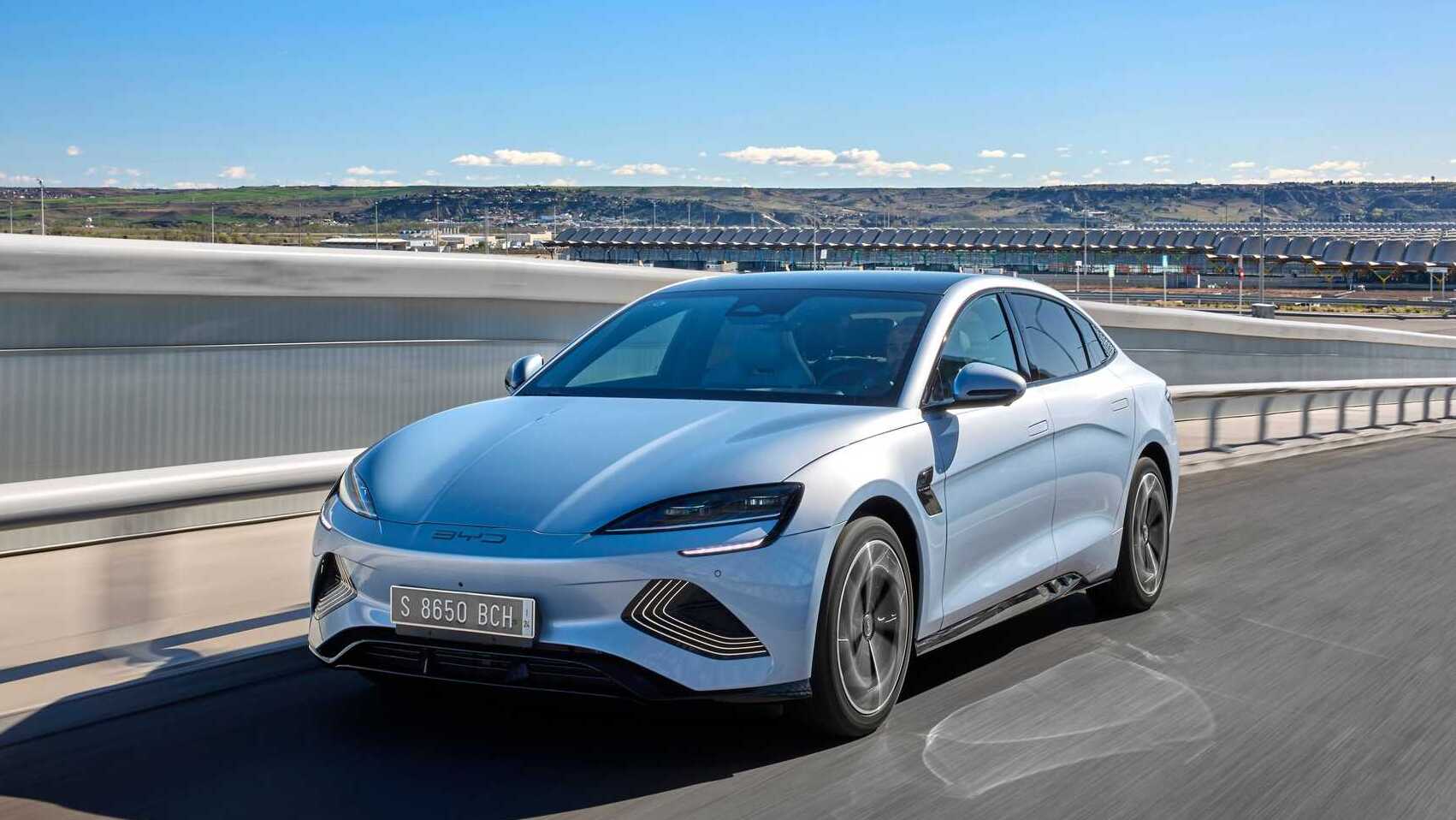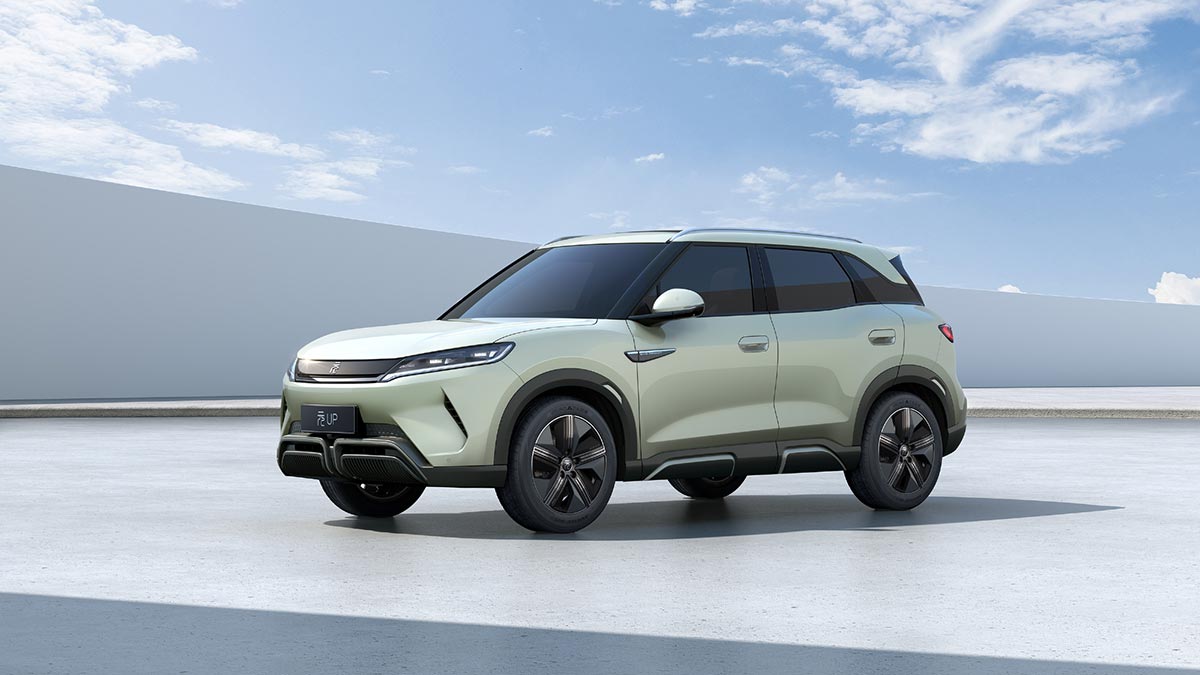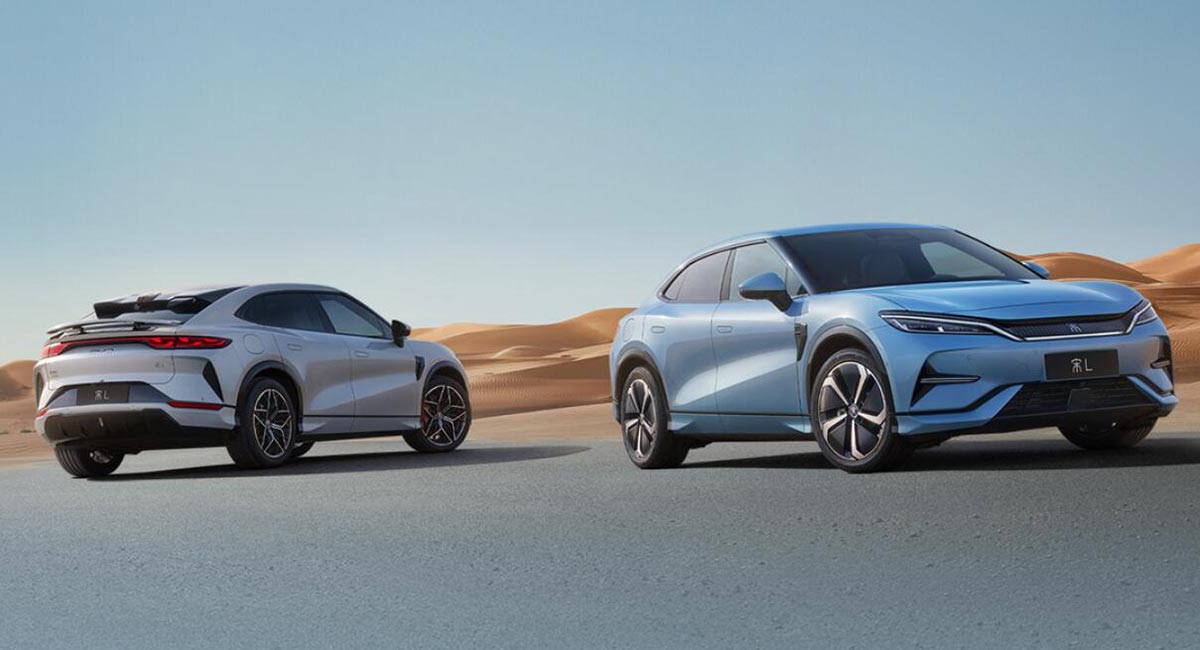Chinese electric vehicle (EV) manufacturer BYD (OTCMKTS: BYDDF) is engaged in discussions with Sigma Lithium, a Brazilian lithium producer, exploring possibilities for a supply agreement, joint venture, or potential acquisition. This move is aimed at securing a stable supply of lithium, a crucial raw material for battery production.
According to Alexandre Baldy, BYD’s chair in Brazil, the talks with Sigma Lithium, valued at $2.9 billion, are ongoing and encompass various options, including supply agreements, joint ventures, and potential acquisitions. Baldy mentioned an “active” dialogue with Sigma but emphasized that nothing has been finalized.
See also: BYD Commences Construction on Sodium-Ion Battery Plant in Eastern China
Sigma Lithium, listed on Toronto and Nasdaq, initiated lithium shipments last year from its hard-rock mine and processing plants in Minas Gerais. The company, specializing in mining lithium spodumene ore and producing battery-grade lithium concentrate, has plans to triple its annual capacity to 270,000 tons.
BYD’s interest in Sigma aligns with its strategic focus on the Brazilian market as part of its global expansion. The company presently offers six models in Brazil, including Seal, Tang EV, Han EV, Yuan Plus EV, Song Plus DM-i, and Dolphin.
In a recent development, BYD and the government of the Brazilian state of Bahia jointly announced plans to establish a large manufacturing base complex in Camacari, Brazil. With a total investment of 3 billion reais ($620 million), the complex will include facilities for electric bus and truck chassis production, new energy passenger vehicle manufacturing, and lithium iron phosphate (LFP) battery material processing.
See also: BYD Faces Speculation on Integration of UBTech Robotics in Production Lines
The industrial complex, scheduled to commence operations in the second half of 2024, is expected to generate over 5,000 local jobs. BYD’s focus on securing a stable lithium supply through potential collaborations with Sigma Lithium reflects the company’s commitment to supporting its EV production amid the global shift towards electric mobility.

